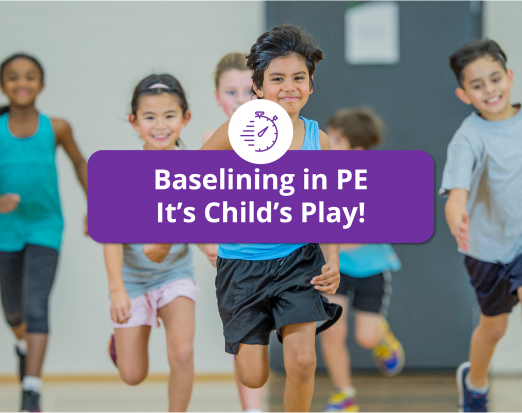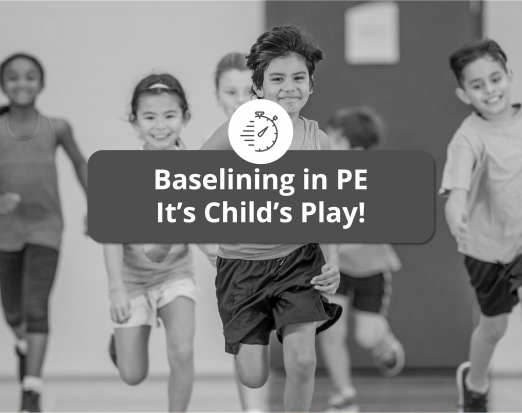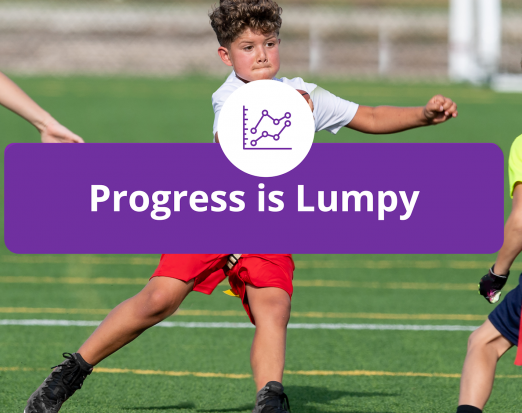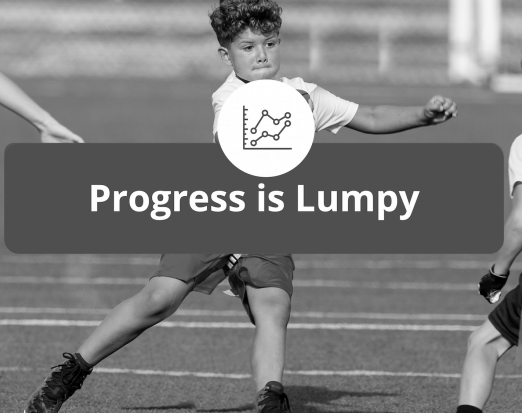Myelin: The Fatty Acid Kids Need for Muscle Memory & Sports Skills
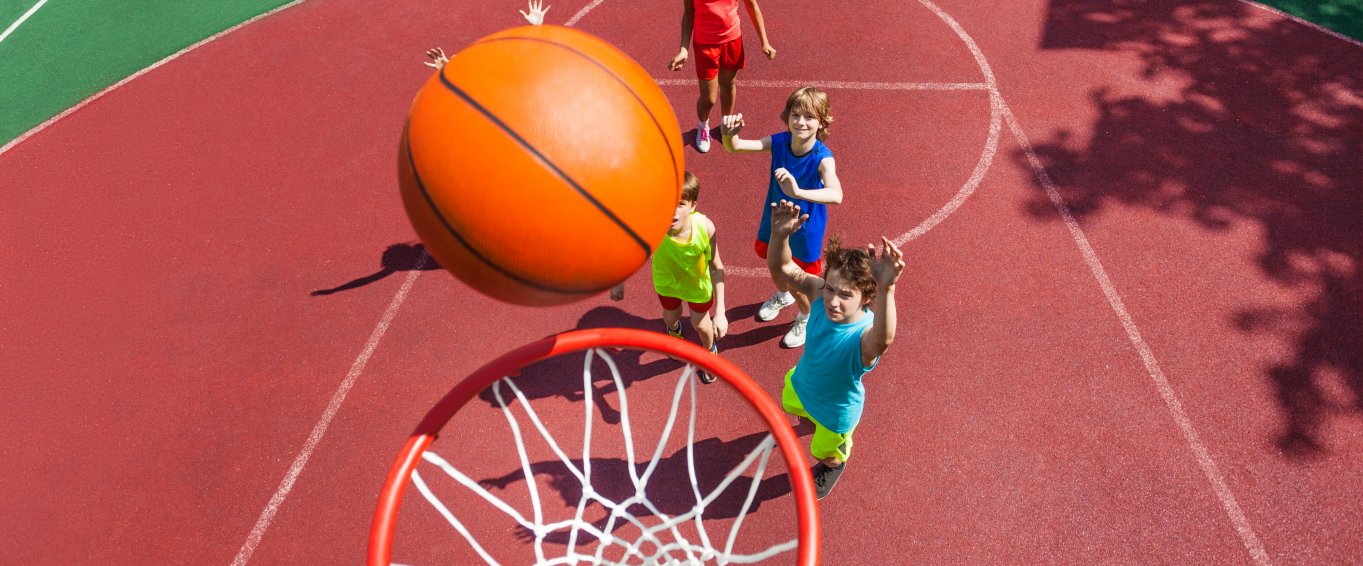
If we were to give full appreciation to the magic of our bodies, the day would start with a hearty cheer for the muscles. At lunch time, there’d be a pat on the back for the digestive system. It would be followed by a whoop for the brain after work and a victory dance before bed.
The truth is, if we were to stop and think about all the ways our bodies excel, we wouldn’t get much done. We’d be whooping and hollering from dawn ‘til dusk, because the human body is a remarkable machine. It is capable of not just acquiring movement, but also streamlining it.
It’s an ability that we barely notice. Yet, it allows us to live with endless complexity. Many of the skills we take for granted as adults – balancing, throwing, lifting, etc. – are picked up in childhood and constantly refined. Actions like eating with a fork, tying shoelaces, and writing your name may feel innate now, but there was a time when they seemed impossible.
The Magic of Movement
Understanding what happens between these two stages gives us a better insight into how kids acquire movement skills. It’s true that we continue to learn throughout life. However, the brain is most malleable in childhood. During infancy, plasticity is extremely high, and this means the brain learns quickly. It is flexible, fluid, and hungry for information.
It’s easy to mistake action for skill, but tying a shoelace is different to being capable at tying shoelaces. This is where we meet a friendly fatty acid called myelin. Like omega 3 and 6 fatty acids, myelin is both healthy and essential. What’s more, it plays a vital role in the development of movement skills and muscle memory.
Myelin wraps itself around nerve fibres. It is heavy and thick, so it acts as a kind of electrical insulator. This stops fast moving nerve signals from being thrown off course. They can’t accidentally ‘bounce’ out of the fibre, so they go direct to the brain. In practical terms, it’s the difference between being rusty at basketball and missing a catch and snatching it right out of the air with finesse.
Getting Better Every Day
It’s the reason we know all physically mobile kids are capable of skilled movement. It may take longer for some to master coordination, balance, and agility, but there is always room for improvement. Every time a movement is repeated – whether it’s kicking a ball or holding a pencil – the myelin insulation gets stronger and thicker.
The thicker the insulation, the faster the nerve signals move. The first time a child tries to catch a ball, the process is slow and clumsy. They might miss it entirely, perhaps reacting far too late to have a chance. It’s because the movement is entirely new, and the neural pathway is starting from scratch. There is little or no myelin, so the signals get lost on their way to the brain. They don’t know the route.
Over time, myelin accumulates and creates a clear, speedy pathway. The child gets faster, stronger, and better at catching the ball. As they grow, they use this skill for playground games and, later, competitive sport. At this point, the process is so efficient they don’t even have to think about catching. It happens in an instant.
Providing the Right Foundation
While myelin accumulation can and does continue in adulthood, it is at dramatically reduced levels. What we call developmental myelination stops at around sixteen years. After this, production slows to a crawl and it gets harder for adults to acquire new movement skills. It means there is scientific evidence to prove exercise in early childhood aids mobility, agility, and fitness in later life.
The earlier children learn to appreciate movement, in all its forms, the better their chance of not just exceling but also finding enjoyment in it. This is why it’s so important to get kids engaged with PE and sports at primary age. It’s a time when the body is yearning for experience. It is a malleable, mouldable engine – a remarkable machine that can be taught to associate physical activity with achievement, satisfaction, and joy.
3 Simple Ways to Increase Myelin Production
Eat the Right Foods
Myelin production depends on a host of natural chemicals, including vitamin C, iron, choline, lecithin. To keep kids strong, feed a diet rich in fruits, vegetables, lean meat, and leafy greens. Eggs, oats, peanut butter, and even chocolate are helpful, but be sensible with portion sizes.
Exercise Regularly
There’s no better way to increase myelin than exercise. What’s more, kids actually benefit from every failed attempt at a new activity. The longer and more rigorous the learning process, the more times the action gets performed. The higher the number of repetitions, the more chances for nerve signals to fire and more myelin is the result. So, remind kids that, even when they’re struggling, they’re making progress!
Make New Friends
Social isolation causes myelin levels to drop, so children must should be encouraged to chat, collaborate, and make new friends. Not only is this essential for language development, it lowers the risk of depression in later life. Sports clubs are a great way to get kids socialising and enjoying new experiences. Team work teaches tolerance, empathy, and critical thinking skills.
The Amaven Healthy Schools Programme works with primary schools to deliver impactful PE lessons, nutritional advice, and better access to sports. Follow us on twitter @myamaven for news, updates, and advice.
Join Our Healthy Schools Programme for FREE!
We want every child to feel healthy, be active and live life to the full! It's why we launched the Amaven Healthy Schools Programme.
It aims to increase physical activity in schools and provide pupils with a deeper understanding of fitness, movement, healthy eating, emotional wellbeing and more. Alongside FREE access to Amaven software, you'll receive:
- Wellness Kickstart Day Hosted by Amaven Coaches
- Onsite and Online CPD for Teachers
- Impact Reports for Evidencing PE Spending
- Exclusive Lesson Plans & Resources
- Personalised Home Activities for Pupils
- Bespoke Health & Wellbeing Strategy
